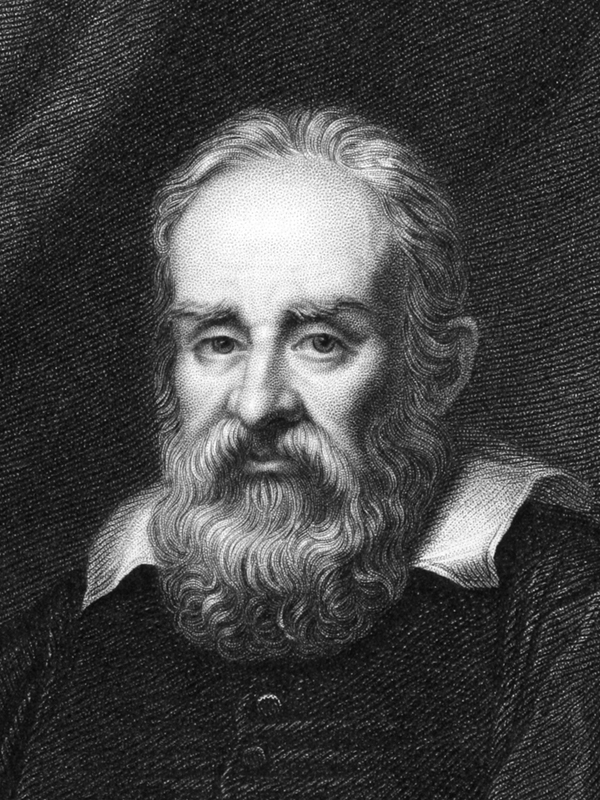A historical introduction to the foundations of culture
A historical introduction to the foundations of culture
Movement is relative
When Galileo issued his most celebrated claim, eppur si muove (and yet it moves), while in house arrest, we today might be tempted to say that he was just voicing an "objective" truth, how the things "really were, in reality". This matter, however, can be seen in more than way. Faithful to our axiom (that "knowledge must be federated"), we now present an angle that, from our contemporary point of view, might easily appear sacrilegious, and make a case for (what might have been) the view of Galileo's persecutors; and also the ones of Socrates. While there can be no doubt that both were at least in part defending their contemporary power structures, and their own positions in it, there is more to this story than meets the eye.
The real issue was not "reality"
The fact that motion is relative is elementary; we can place the coordinate system in any way we please. So why not place it right at the center of our beloved home planet—and let it move together with her?
The reason is that we would then not be able to comprehend the astrophysical world in the way we do now. The reason is that in such an order of things science would not be possible. <p>It was, in other words, the empowerment of the human reason to comprehend the physical phenomena, that determined what "reality" ended up being—and not some more "objective" reason.
The problem with this change of foundation was that so much of human culture—which was founded in respect for tradition, and its beliefs, values, rituals... that people were socialized to accept as "reality"—had lost its foundations! Notice that both Galilei and Socrates were tried for "impiety". Why be unselfish? Because God sent his own Son to teach us charity...
When Nietzsche proclaimed, famously, that "God is dead", he did that in part to point to our new challenge, and responsibility—to found those various elements of culture, that relied on God's existence, in the modern epistemological order of things.
We did not listen.
So here is a new way to understand the holoscope: It's a further step in the same direction—where the human reason is empowered to understand a new range of phenomena, and power their evolution—the cultural ones. The holotopia is what naturally follows.


